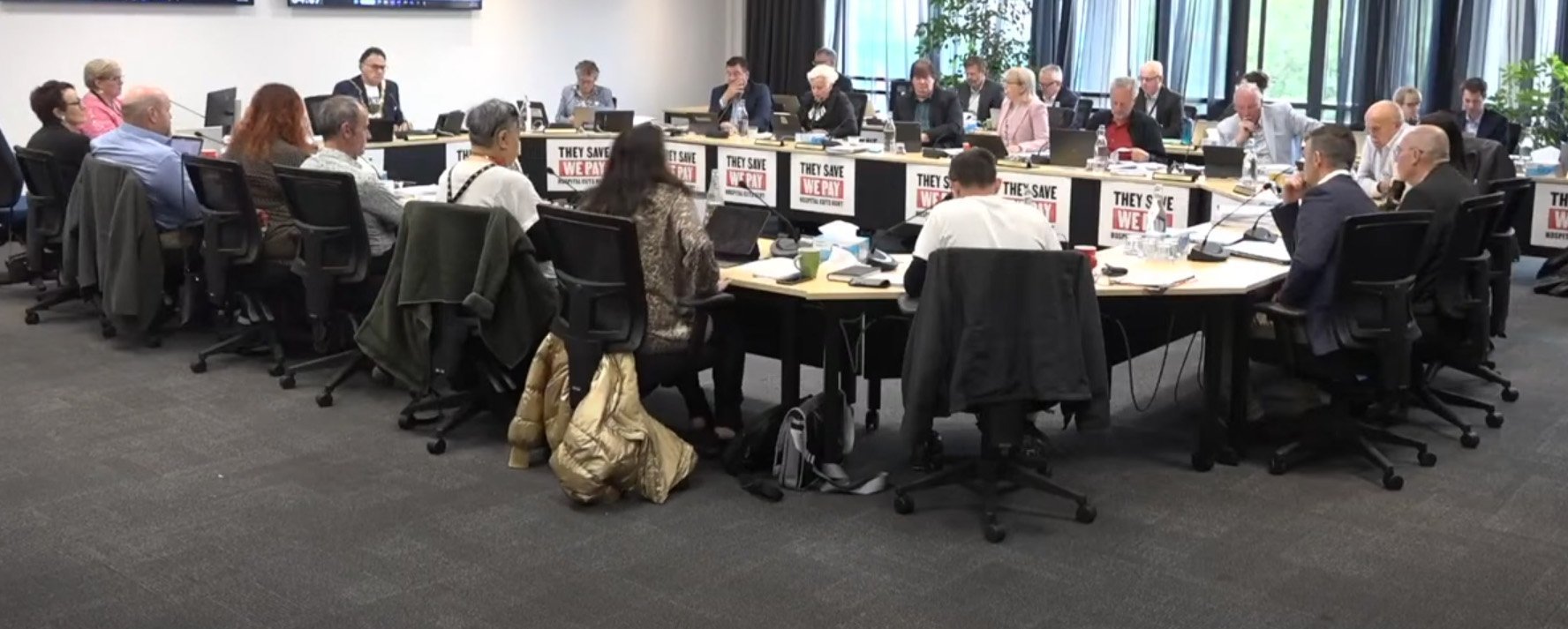Politics
Dunedin Local Elections Raise Questions on Candidate Strategy

The upcoming local government elections in Dunedin are stirring discussions among voters regarding candidate selection and electoral processes. With 16 mayoralty candidates vying for attention, many residents are seeking clarity on how to navigate the voting system effectively.
Voters should note that they are not required to rank all candidates on their ballot. Instead, they can choose to rank only those candidates they genuinely support, making the ballot valid even if it includes preferences for just one or two candidates. This approach emphasizes the importance of individual choice and can help streamline the voting process.
Another point of contention is the strategy employed by several candidates who are simultaneously running for council positions while seeking the mayoralty. Critics argue that this could manipulate the electoral system for personal gain, allowing candidates to potentially benefit from increased visibility without a genuine commitment to the mayoral role. Such tactics could undermine the integrity of the election process and raise questions about the motivations of those involved.
The current electoral framework has led to concerns about dysfunction within local governments across New Zealand. As stated by Gerrard Eckhoff, a former Otago regional councillor, the practice of multiple candidacies can dilute the seriousness of mayoral campaigns. Candidates may perceive that their chances of winning the mayoralty rest with only a few front-runners, while others might aim to secure a council seat, benefiting from the heightened profile that comes with mayoral debates and discussions.
Electoral systems are designed to reflect the will of the voters, yet loopholes allow for exploitation that may contradict the spirit of fair competition. This has prompted calls for a comprehensive review of the Local Government Act 2002 and the Electoral Act. The need for such a review has become increasingly evident, particularly in the context of local councils that manage substantial budgets. For instance, the Auckland City Council has a group income exceeding $7 billion, while the Dunedin City Council operates with a revenue of $339 million.
Given this financial landscape, there is an argument to be made for prioritizing candidates with financial acumen over broader, less tangible qualities. Ultimately, it is up to the voters to exercise their responsibility and make informed choices, reflecting their values and priorities for their community.
The role of political parties in this process has also drawn scrutiny. Their involvement has not necessarily bolstered confidence in the electoral system, with many voters expressing skepticism about the motives behind multiple candidacies. As Dunedin prepares for the elections, the implications of these dynamics will likely resonate beyond the local level, potentially prompting a broader dialogue about electoral integrity throughout New Zealand.
In light of these developments, the Minister for Local Government may need to consider how best to address the concerns surrounding the current electoral process, ensuring it aligns with the needs and expectations of constituents in an evolving political landscape.
-

 World3 months ago
World3 months agoTest Your Knowledge: Take the Herald’s Afternoon Quiz Today
-

 Sports3 months ago
Sports3 months agoPM Faces Backlash from Fans During Netball Trophy Ceremony
-

 Lifestyle3 months ago
Lifestyle3 months agoDunedin Designers Win Top Award at Hokonui Fashion Event
-

 Sports3 months ago
Sports3 months agoLiam Lawson Launches New Era for Racing Bulls with Strong Start
-

 Lifestyle3 months ago
Lifestyle3 months agoDisney Fan Reveals Dress Code Tips for Park Visitors
-

 World3 months ago
World3 months agoCoalition Forms to Preserve Māori Wards in Hawke’s Bay
-

 Health3 months ago
Health3 months agoWalking Faster Offers Major Health Benefits for Older Adults
-

 Politics3 months ago
Politics3 months agoScots Rally with Humor and Music to Protest Trump’s Visit
-

 Top Stories3 months ago
Top Stories3 months agoUK and India Finalize Trade Deal to Boost Economic Ties
-

 World3 months ago
World3 months agoHuntly Begins Water Pipe Flushing to Resolve Brown Water Issue
-

 Entertainment3 months ago
Entertainment3 months agoExperience the Excitement of ‘Chief of War’ in Oʻahu
-

 Science3 months ago
Science3 months agoNew Interactive Map Reveals Wairarapa Valley’s Geological Secrets








